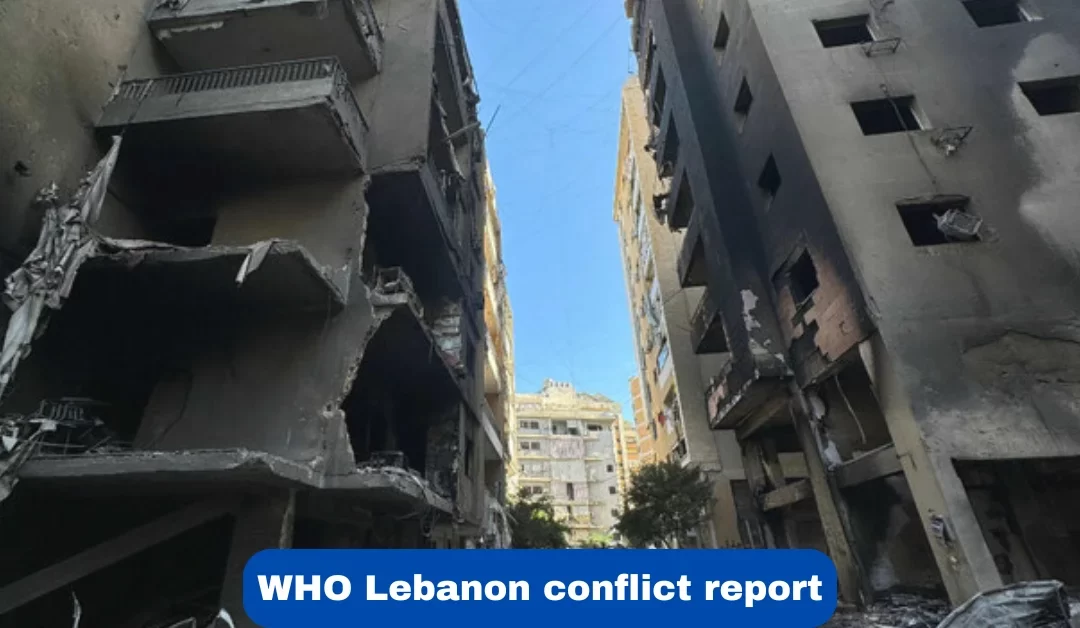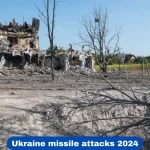Lebanon’s Health Care Under Attack Amid Conflict: WHO Reports Over 226 Deaths
The World Health Organization (WHO) has revealed a devastating impact on health care in Lebanon, with 226 health workers killed since the start of Israel’s war in Gaza, triggered by the events of October 7, 2023. This alarming statistic highlights how the ongoing conflict has severely damaged Lebanon’s already fragile health system.
The Numbers Tell a Grim Story
- The WHO reported 187 attacks on health care facilities and personnel in Lebanon over the past 13 months.
- Since the escalation of hostilities into full-scale war in September, 70% of these incidents have occurred, reflecting an unprecedented rise in violence.
- From October 7, 2023, to November 18, 2024, the attacks caused 226 deaths and 199 injuries among health workers, patients, and civilians.
Why Are These Attacks So Deadly?
WHO representative Abdinasir Abubakar emphasized the particularly destructive nature of the conflict in Lebanon. He noted:
- 47% of attacks on health care in Lebanon have resulted in fatalities, the highest rate of any active conflict worldwide.
- Globally, only 13.3% of attacks on health care lead to deaths, according to WHO’s data from conflict zones like Ukraine, Sudan, and Palestine.
- A significant reason for this high fatality rate is the targeting of ambulances, which often results in the deaths of paramedics, drivers, and patients traveling for emergency care.
Health Care System on the Brink
Lebanon’s health care system was already struggling before the current crisis due to economic hardships and political instability. The ongoing conflict has worsened the situation:
- Out of 153 hospitals in Lebanon, 15 have either ceased operations or are functioning only partially.
- Critical shortages in medical supplies, staff, and functional facilities have left civilians with limited access to life-saving treatments.
WHO’s regional director for the Eastern Mediterranean, Hanan Balkhy, warned that the collapse of health care during times of intense conflict is particularly devastating. She said:
- The loss of health workers not only means a reduction in immediate care but also represents a loss of years of training, investment, and resources.
- These losses are especially damaging for a country like Lebanon, already dealing with financial and political crises.
A Breach of International Humanitarian Law
Attacks on health care facilities and workers are not just tragic but also a violation of international laws. Abubakar pointed out:
- Denying civilians access to health care and targeting health providers constitutes a serious breach of international humanitarian law.
- The systematic targeting of health workers is an “extremely worrying pattern” that sets Lebanon apart in the global landscape of conflict.
The Larger Impact on Civilians
The effects of these attacks are not limited to health workers alone. Civilians, especially the most vulnerable, bear the brunt of the consequences:
- Many are left without access to basic or emergency health services.
- Patients with chronic illnesses or injuries from the conflict face delays in treatment, increasing mortality rates.
Hope Amidst Challenges
Despite the grim situation, there is a collective call for accountability and urgent action. Organizations like WHO are urging international intervention to protect health workers and facilities. They also emphasize the need for rebuilding Lebanon’s health care infrastructure to ensure long-term resilience.
The numbers—226 health workers killed, hundreds more injured, and dozens of hospitals shut—paint a bleak picture of a country in dire need of international support. As WHO officials stress, protecting health care is not just a legal obligation but a moral one, especially in times of war.
By shedding light on this crisis, we hope to amplify the voices of those calling for peace and justice in Lebanon and beyond.































